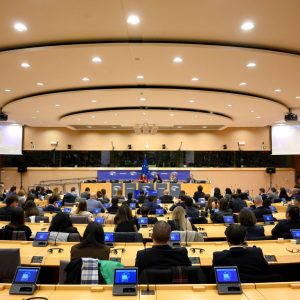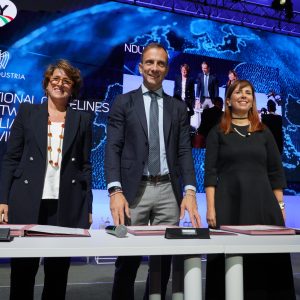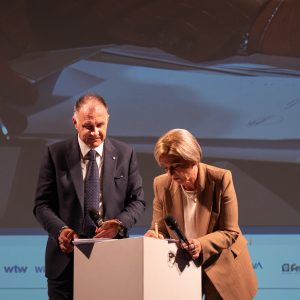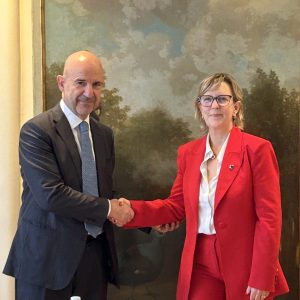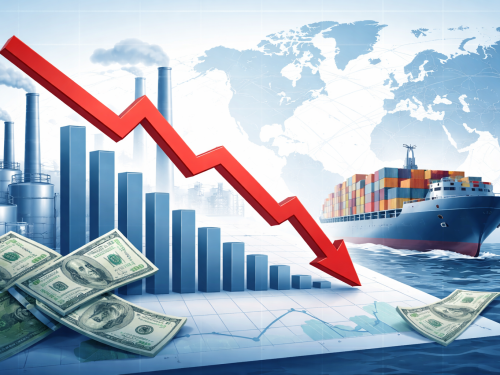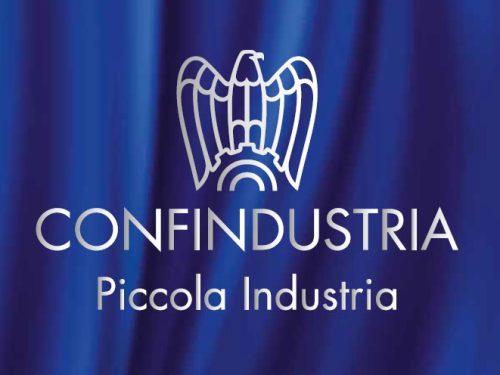News
Share on
"There is no awareness of how imminent the crisis is. The transition must be everyone's effort. And it cannot only be done by Europe, which is only responsible for 9% of emissions. The whole world has to do it, otherwise we don't solve much. And we Europeans are paying double, Thus the Vice-President for Environment, Sustainability and Culture, Katia Da Ros, in an interview with Il Messaggero issued a warning to the countries involved in the ongoing Cop 27.
On the role to be played by Europe, he said: "So far it has certainly taken a virtuous position, setting itself the goal of being the first carbon-neutral continent. But it is not enough to reach the overall goal. So we need to increase sensitivity and awareness in these countries. We are in a climate crisis situation, and like all crises it has to be tackled with the utmost attention and sharing. That is why I was very struck that China and India were missing on this occasion', which are globally 'the first and third largest countries in terms of CO2 emissions'.
At the same time, the contribution of Italian companies to the energy transition has been high: 'The latest data from lstat says that two out of three companies have moved in this direction, with actions on energy efficiency or the use of renewable energy sources or recycling. On this last front we are world champions'. But for a breakthrough on renewables, "simplifications are needed," said Da Ros, "if we want to produce the 40% of energy from green sources: bureaucracy must be streamlined, too many remaining blockages must be removed, and the effect of the Nimby and Nimto syndrome must be eliminated. Industry will continue to play its part'.
On the European change of course on the packaging regulation, the Vice-President said: "The certainty of the rules is really crucial. Let me explain: Europe first encouraged us to focus on recycling, and we did, with massive investments. Now it tells us that it is no longer OK and we must focus on reuse. This change of direction surprises and frightens everyone. There is a risk of blocking investments that need clear and long-term industrial policies. Among other things, this is an ideological position that, in our opinion, has no foundation, besides not having an overall impact assessment'. And on the possibility of finding a compromise with Europe, he recalled: 'Italian industry agrees on the target, but we are convinced that reuse can flank and complete recycling, without replacing it. Also because there are health limits to be considered. Not to mention the effects on employment: 800 thousand companies and 7 million jobs are at risk. Environmental sensitivity cannot be pursued at the risk of social and economic sensitivity'.
Katia Da Ros makes a similar point on the announcement of the elimination of the endothermic engine by 2035: 'Here again, technological neutrality is needed. We share the goal, but the market must be able to find its way with minimal impact. Otherwise we risk moving towards supposed environmental sustainability, since we don't really know how the materials that make up batteries are produced in China. And we destroy an industry to become dependent on China. And a matter of national security'.
On high energy prices, the vice-president of Confindustria expects "an EU reform of the energy market, with the decoupling of renewables from the price of gas. But on its part, Italy must be more courageous and focus on an energy policy that includes everything from renewables, to regasifiers, to fourth-generation nuclear power' and on the challenge of the NRP 'We need to create 'fast lanes' for projects to prevent them from getting caught up in the meshes of bureaucracy, expert professional figures and strong coordination. Then, of course, we also need to work at EU level to reshape some aspects of the Next Generation Eu and adapt it to the current situation. The treaties provide for this'.

